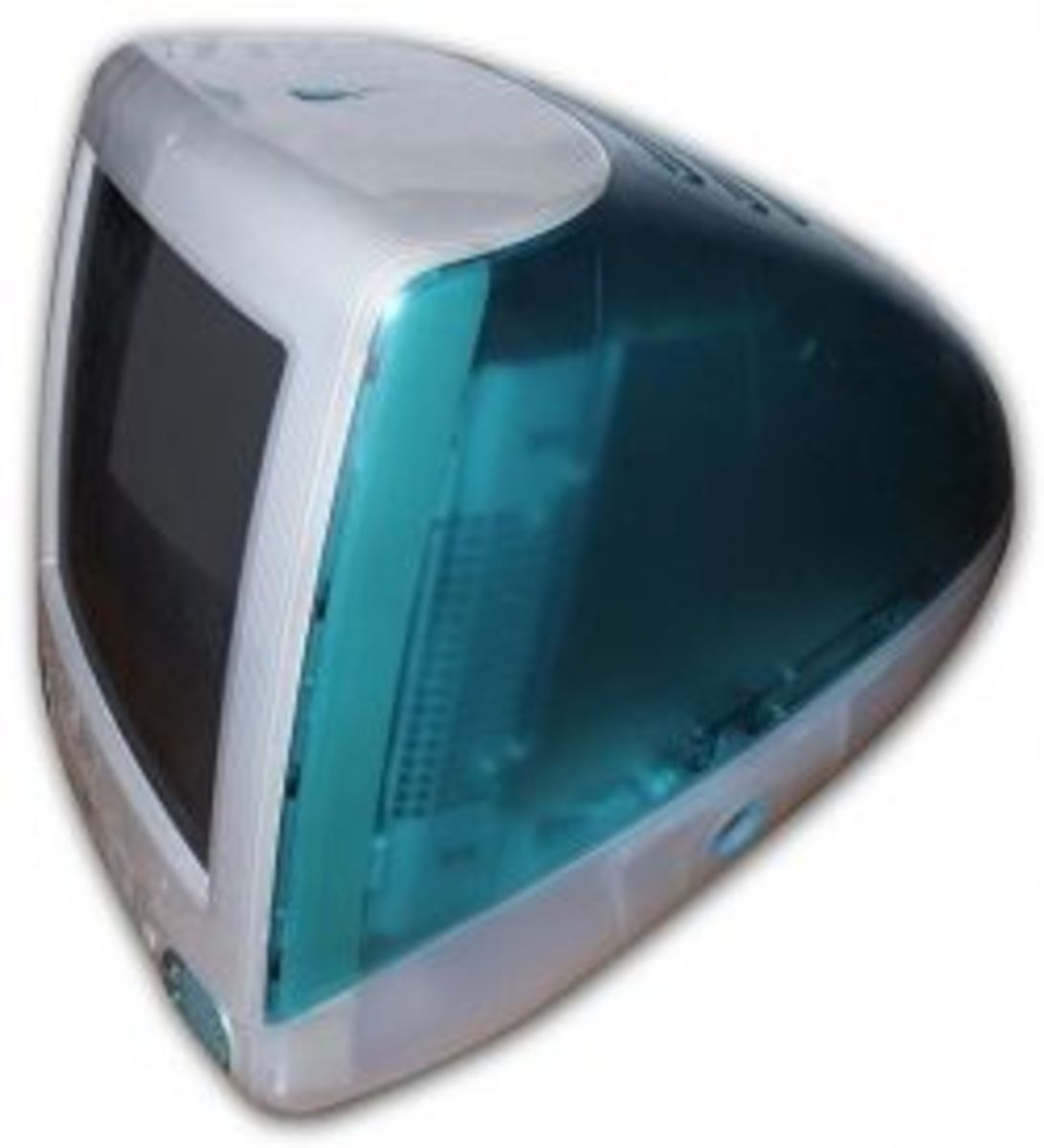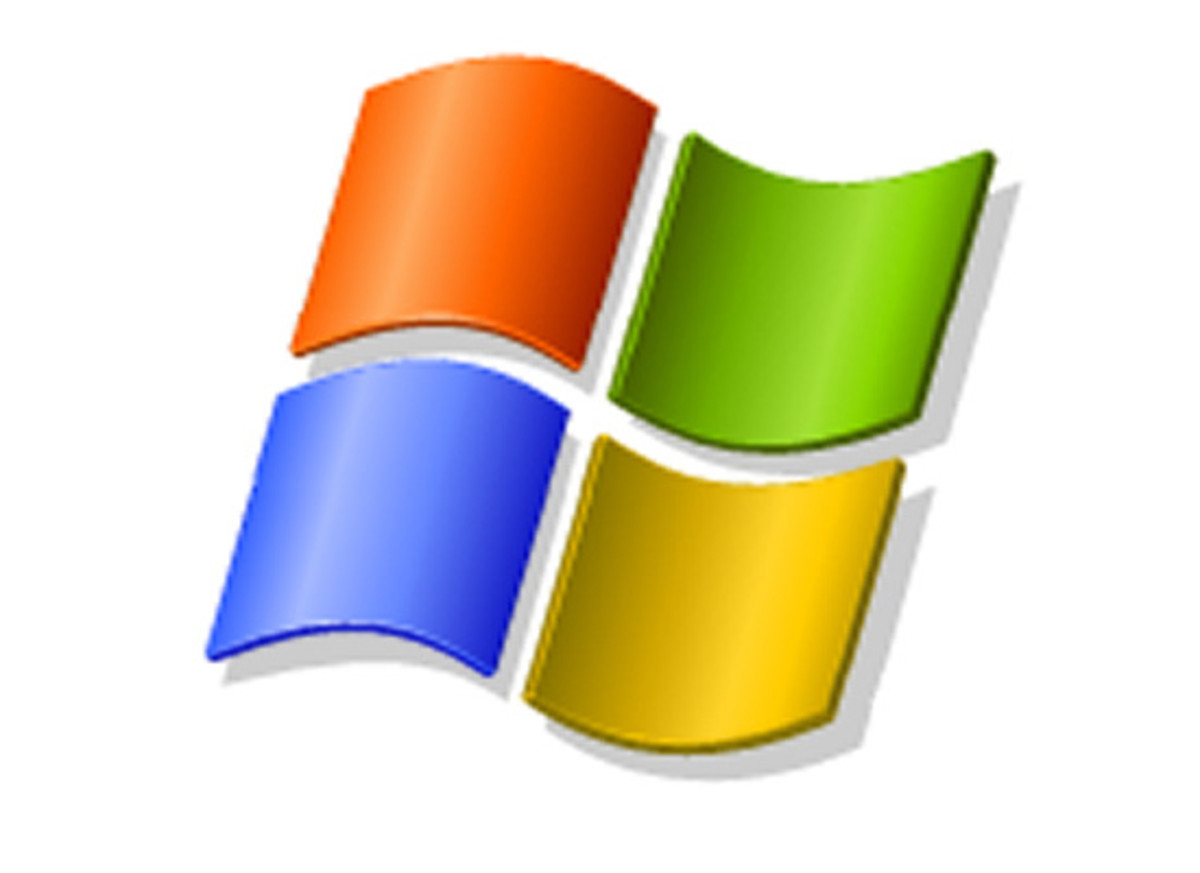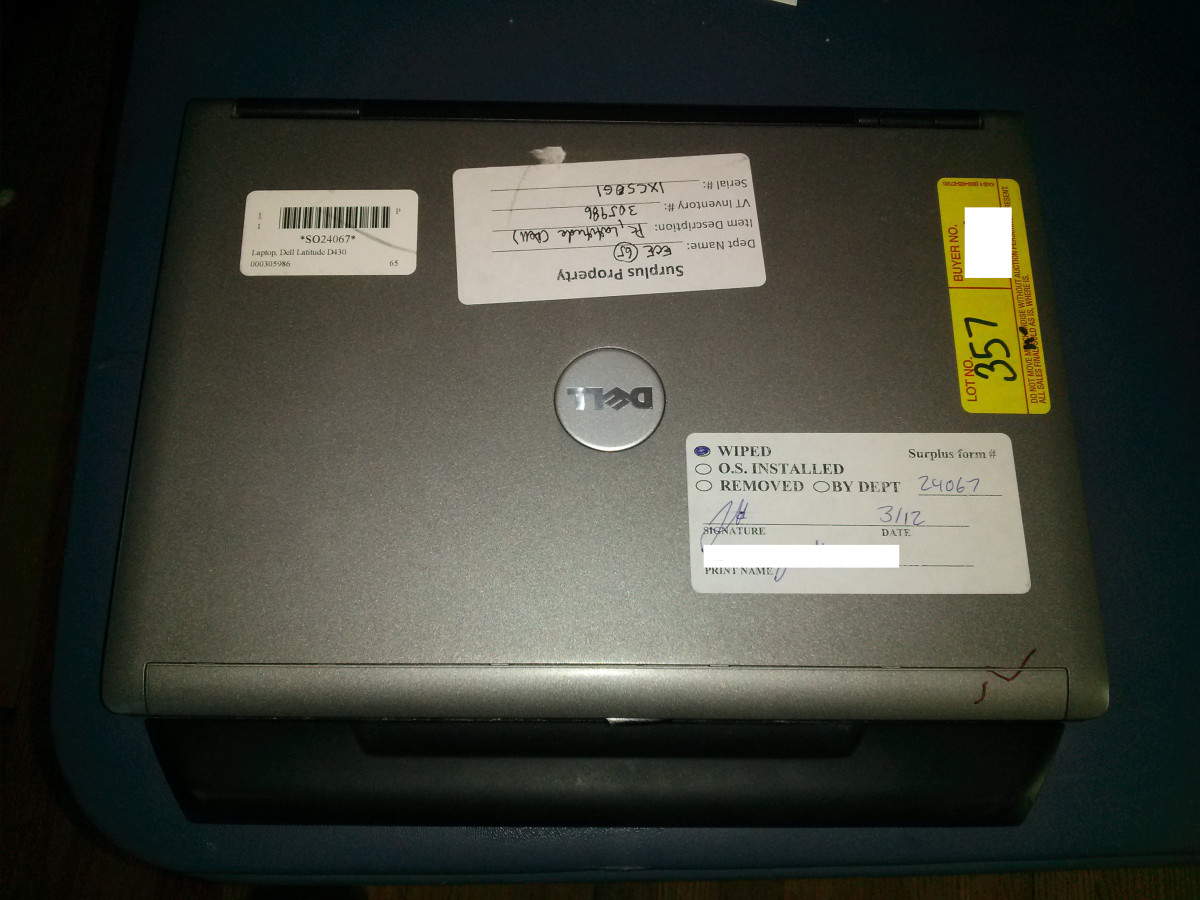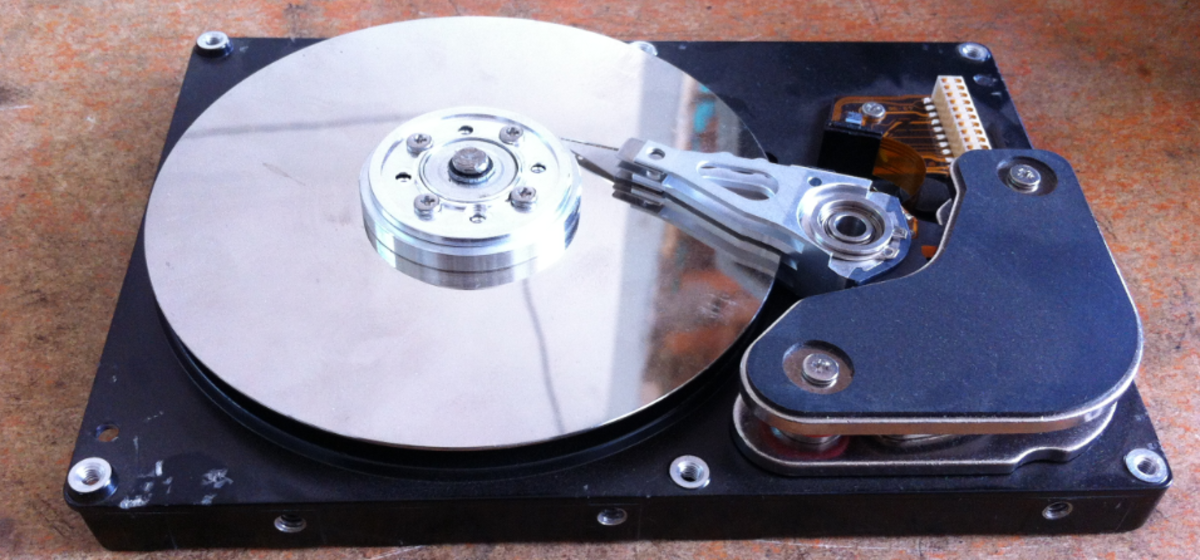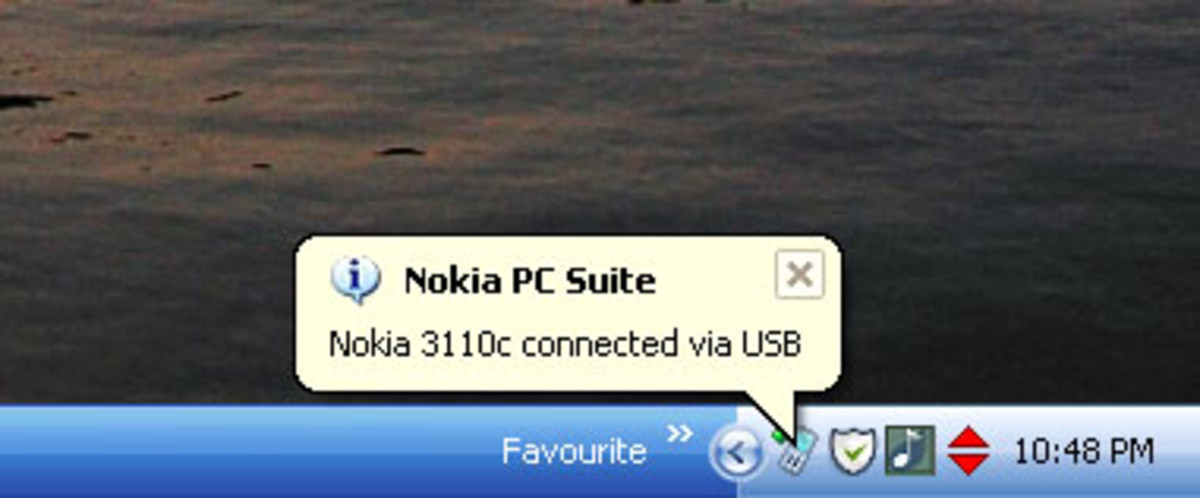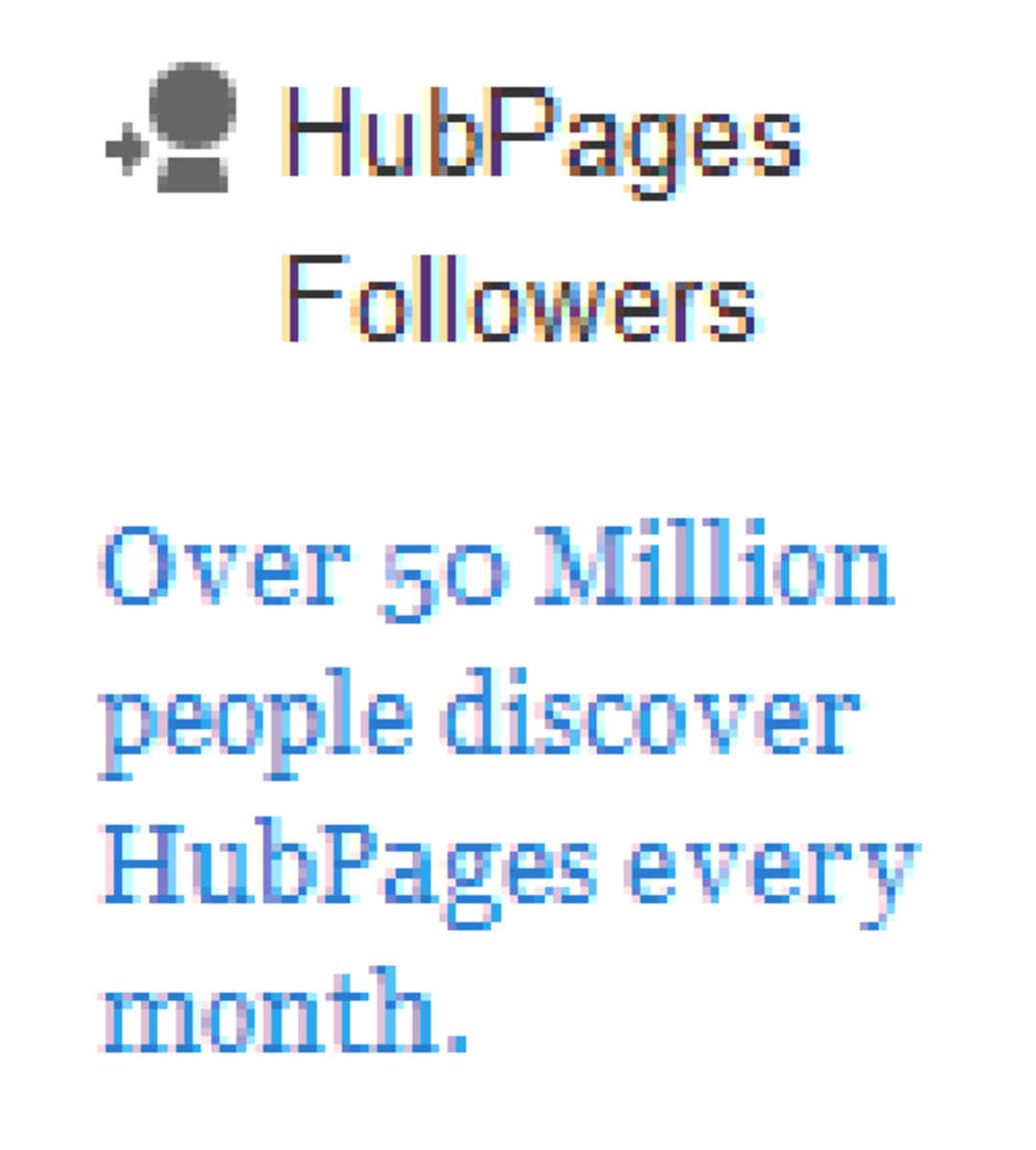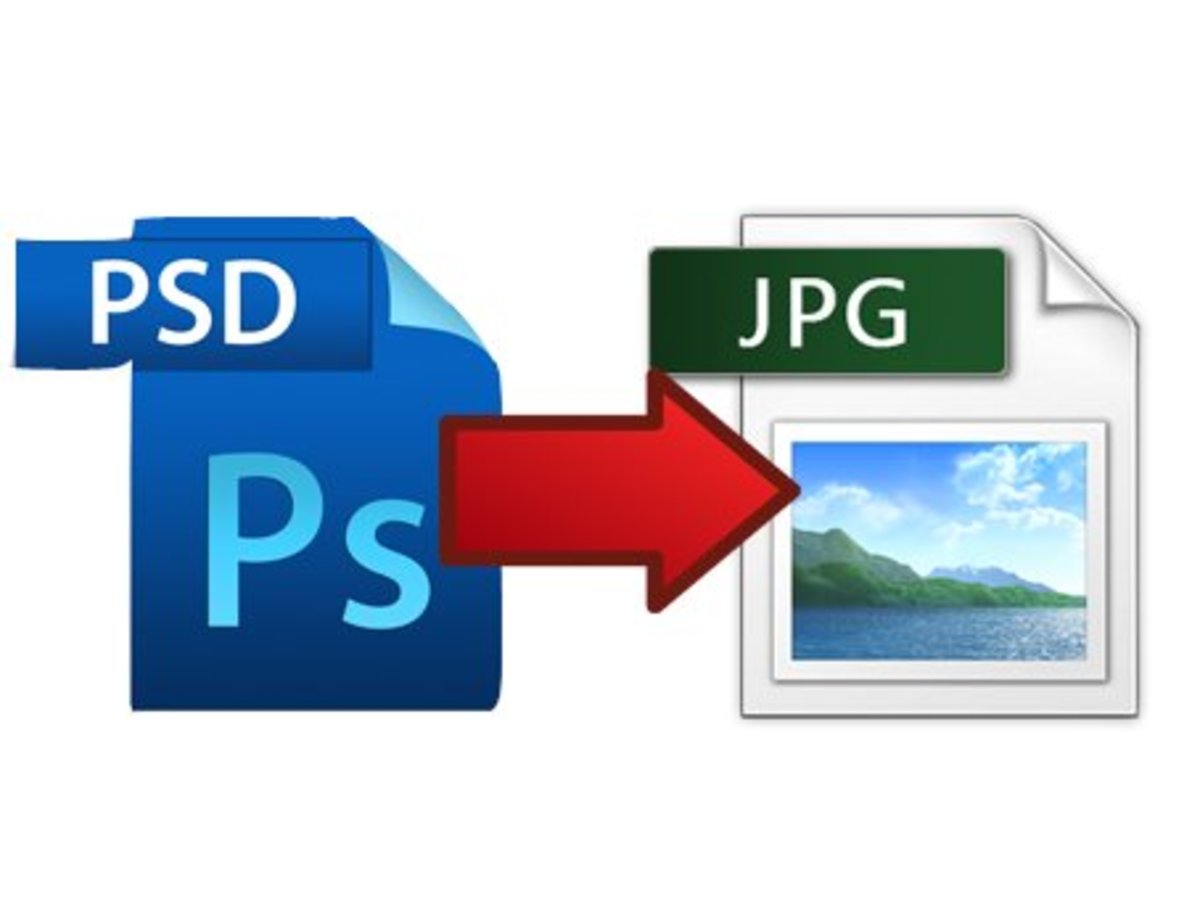- HubPages»
- Technology»
- Computers & Software»
- Computer How-Tos & Tutorials
How do Hard Drives Crash
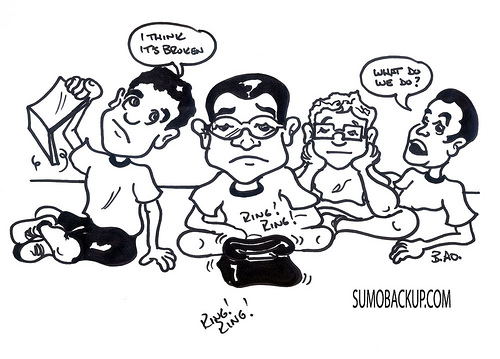
How does a hard drive crash happen?
When a computer costs as much as it does, we sort of have this inflated sense that it will last forever. But, like anything, it can develop problems. Hard drive crashes are not an uncommon problem to occur, and are very frustrating to say the least. With all this technology abound, how is it that this can happen?
A hard drive crash is sometimes the end result of the magnetic coated platters becoming scratched or unaligned so that the coating is destroyed. These platters play a central part in the central hard drive and store data within the alignment of the magnetic particles. The read/write heads sense the alignment which allows you to access the data. However, if dust is ever allowed to enter, watch out. This will cause the heads to crash.
If a computer is operating at a high pace with a large amount of data, it is also possible for malfunctions to occur because the actuator arm can become stressed from performing all the data accessing operations. This will also cause a crash. Sometimes the high spinning platters become overheated as well, which will cause harm to the magnetic coating. All of these factors can alter data and create problems with recovery.
Another common cause of a hard drive crash is electrical overload. Electrical surges can damage or destroy the internal circuitry, resulting in hard drive disaster. Keeping the computer stored on a surface that allows air flow is crucial. It is also important to keep a computer plugged in to a surge protector to prevent a crisis.
How do you know a hard drive crash is eminent? Clicking, whirring, grinding noises are a pretty good indicator. This means the heads are starting to come off alignment or are locking up against the platters. Shut down immediately!
Another indicator is the computer is running very slowly. This can mean that there is too much software running, but if you can’t even open files then a sector corruption may be in effect. Try to copy important files as needed.
A last symptom of a hard drive failure may be linked to the read/write heads, causing the hard drive to display in the Basic Input/Output System (BIOS), but with the wrong drive information. This may also be a simple problem linked to the motherboard. Either way, it is important to have a tech determine the real source.
With any of these symptoms, it is important to let a professional take the look at the hard drive. Most do-it-yourself techniques can really do more harm than good, particularly when this piece is so important to the life of your computer.
A data recovery plan is important to have in place should this tragedy occur. Important files should be backed up and stored regularly in order to retain efficiency. You should be doing this regardless if you have one computer or are part of an entire network. Hard drive crashes can happen to anyone at anytime, so be prepared if your time is up.
Links of Note in case of Hard Drive Crashes
- Vista Online Backup
Online Backup for Vista from Sumo Backup - Online Backup
Storagepipe Solutions Online Backup


